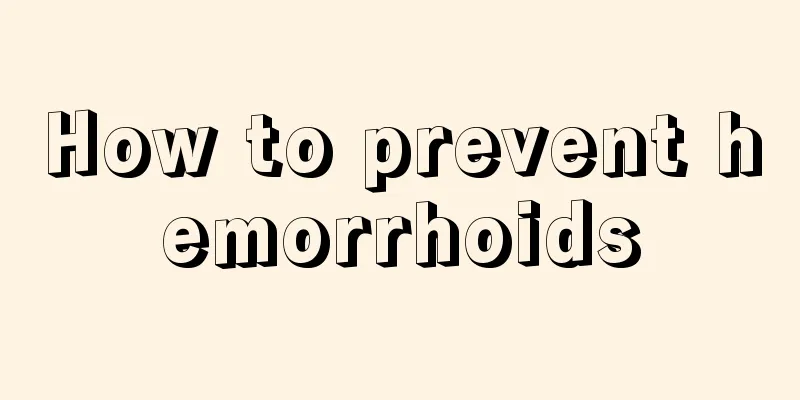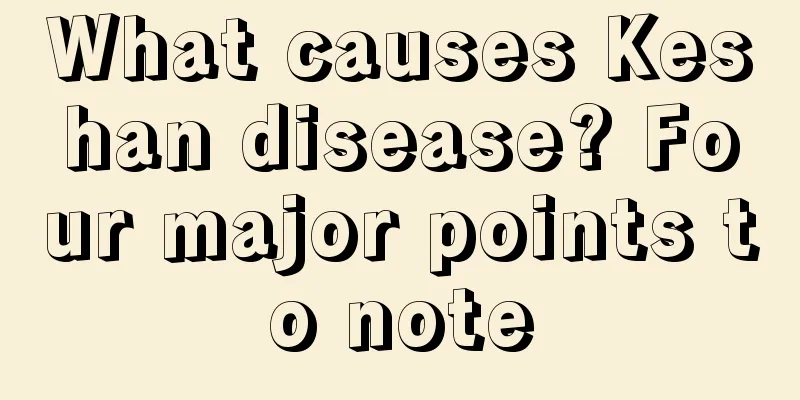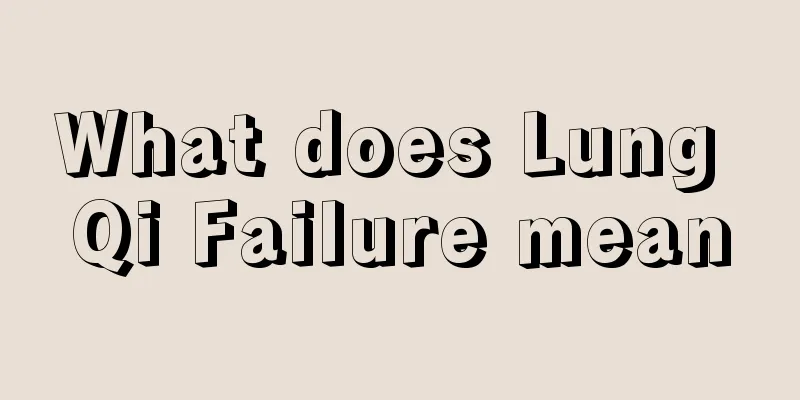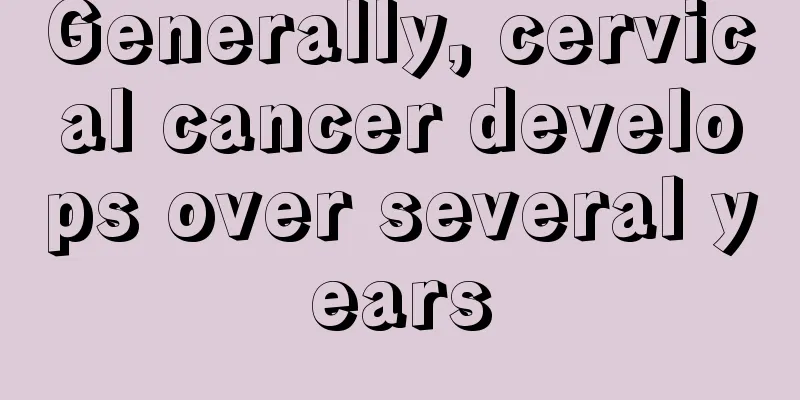How to treat premature ventricular beats? Treatment of ventricular premature beats

|
Premature ventricular beats are a common type of ventricular arrhythmia. This disease can trigger ventricular fibrillation and cause abnormal heart rate. In the early stages of treatment of ventricular premature beats, the main focus is on controlling the cause, so that the right medicine can be prescribed better. The treatment principle of ventricular premature contractions is: on the basis of controlling the cause and eliminating the inducement, the following treatment methods should be adopted according to different clinical conditions. 1. For patients without organic heart disease, if ventricular premature beats are occasional or monogenic and the symptoms are not obvious, they are generally not suitable for treatment with antiarrhythmic drugs or beta-blockers. For patients with frequent premature ventricular contractions and obvious symptoms, oral propafenone, mexiletine, etc. can be considered. Amiodarone can also be used for treatment, but side effects should be noted. 2. Premature ventricular contractions in organic heart diseases such as old myocardial infarction due to coronary heart disease, myocarditis, etc., especially those with concurrent decreased left ventricular ejection fraction and chronic congestive heart failure. Premature ventricular contractions are an independent risk factor for sudden cardiac death in such patients. Long-term use of Class I antiarrhythmic drugs does not reduce mortality and should be avoided. Amiodarone has a good therapeutic effect, but its side effects are high when taken for a long time. Existing studies have shown that long-term use of beta-blockers, ACEI or ARB drugs can significantly reduce cardiac mortality by improving cardiac function and reducing or inhibiting premature ventricular contractions. 3. The use of antiarrhythmic drugs to prevent malignant premature ventricular contractions in acute myocardial ischemia or infarction is not currently recommended, and reperfusion therapy should be implemented as soon as possible. However, if frequent, multifocal ventricular premature contractions occur before reperfusion therapy, or if frequent ventricular premature contractions still occur after ventricular fibrillation defibrillation, amiodarone 150 mg should be injected intravenously, followed by intravenous drip (1 mg/min) for maintenance. At the same time, attention should be paid to potassium and magnesium supplementation and beta-blockers should be used as early as possible. 4. For patients with premature ventricular contractions originating from special parts such as the right ventricular outflow tract, aortic sinus, left ventricular septum, etc., who have obvious symptoms and are not responsive to drug treatment, radiofrequency ablation may be considered. Premature ventricular contractions after myocardial infarction or dilated cardiomyopathy, especially when the left ventricular ejection fraction is significantly reduced (≤35%), have a high incidence of sudden cardiac death. ICD implantation or a synchronous ventricular pacemaker with cardioversion and defibrillation function (CRT-D) should be implemented to effectively improve the survival rate. |
<<: Is pericardial effusion serious? What are the complications?
>>: How to lose weight with hyperinsulinemia, five points to tell you
Recommend
What is the diagnosis method for fibroids
What is the diagnosis method of fibroids? If the ...
Can eating too much ginger cause liver cancer? How can we prevent liver cancer?
Ginger is one of the most commonly used cooking c...
What causes breast swelling and pain?
Breast swelling and pain is one of the common bre...
What are the cure criteria for fibroids
What are the cure criteria for fibroids? Although...
What's the matter with high albumin
Albumin is an important reference data for checki...
Who can take Liuwei Dihuang Wan? It turns out it’s these four types of people
Liuwei Dihuang Pills are a common kidney-tonifyin...
Symptoms of arm stretch
Maybe you feel that the pain in your body is beca...
What is targeted therapy for lung cancer? Is it a treatment method
Targeted therapy for lung cancer is only suitable...
Prompt care for pancreatic cancer is the most critical
Pancreatic cancer is a very common tumor disease....
Esophageal barium meal examination
Esophageal barium meal radiography refers to bari...
If you have repeated oral inflammation, be alert to these diseases
Oral inflammation is also called oral ulcer. Some...
What are the symptoms of gastric cancer
The main symptoms of gastric cancer are as follow...
What are the clinical symptoms of colorectal cancer
Colorectal cancer is a malignant tumor located in...
Can drinking beer help expel kidney stones?
You cannot excrete stones when drinking beer, and...
Can drinking boiled sugarcane water relieve cough?
Sugarcane is a fruit that tastes very sweet and c...









